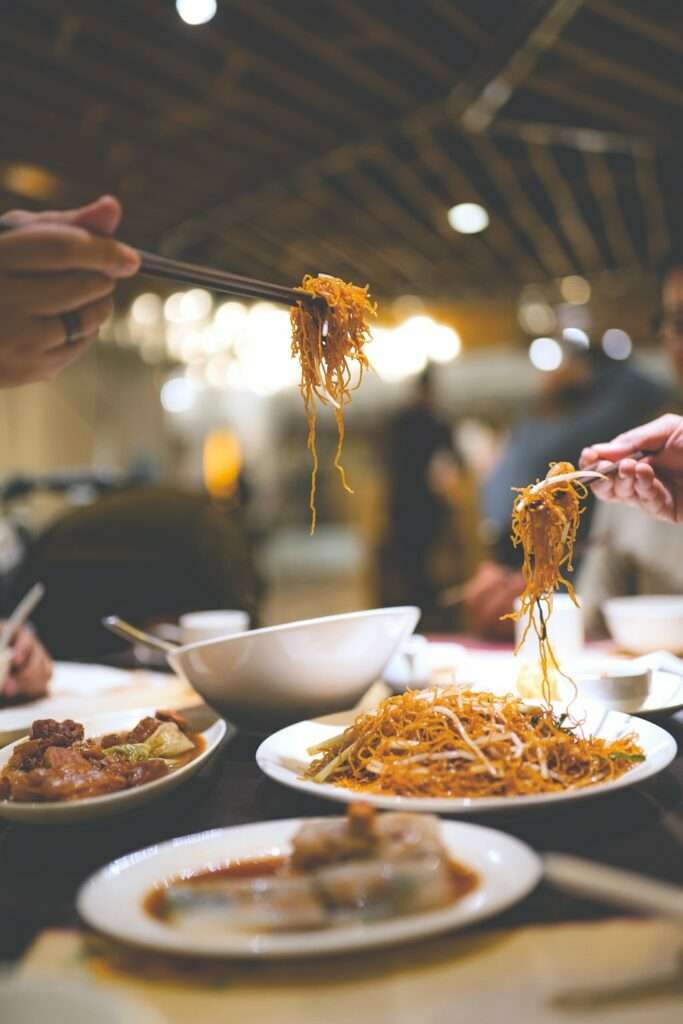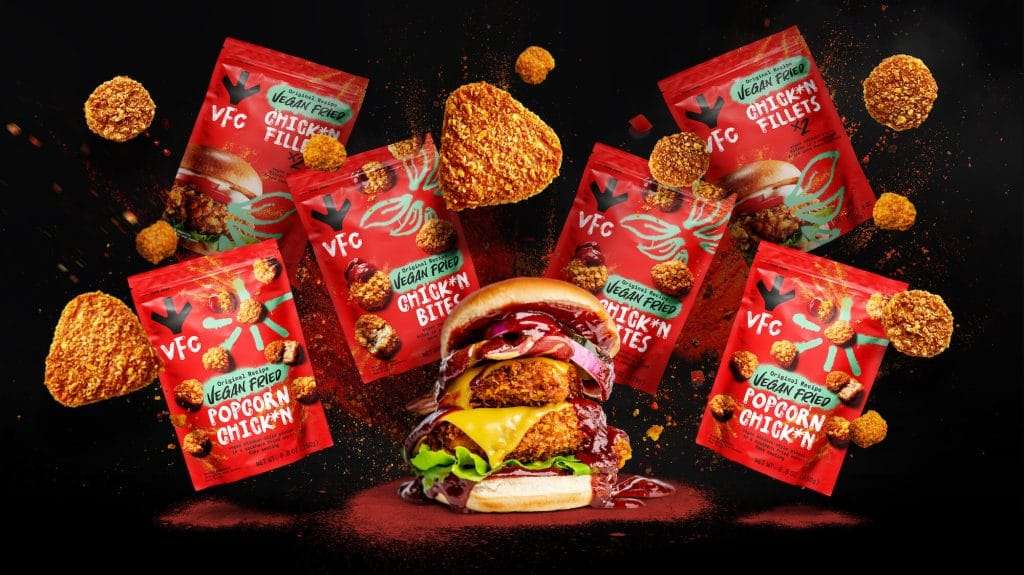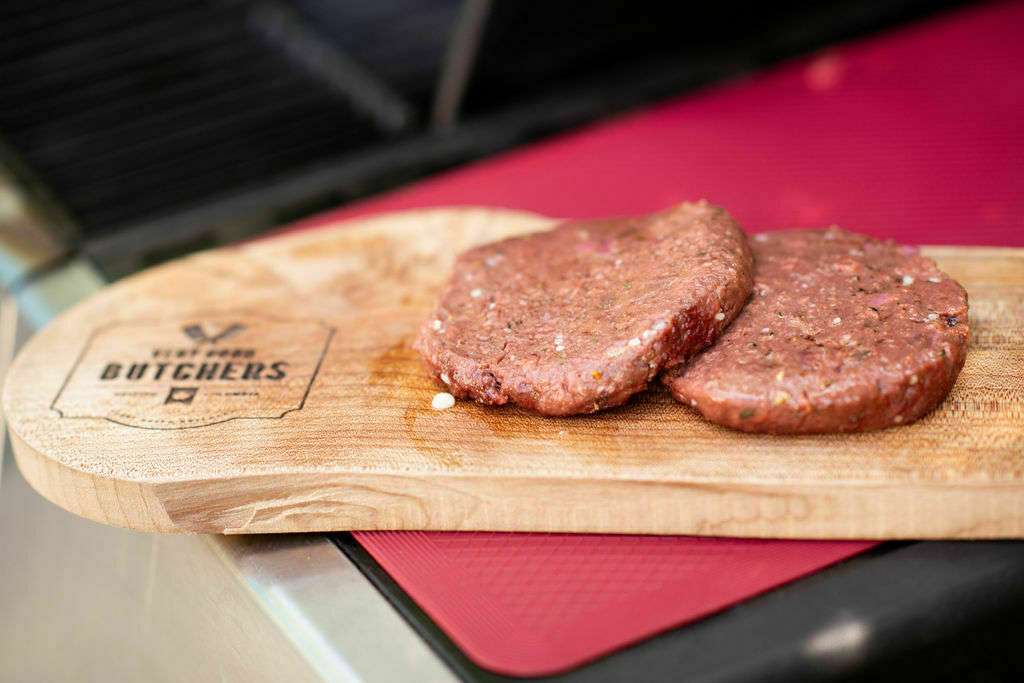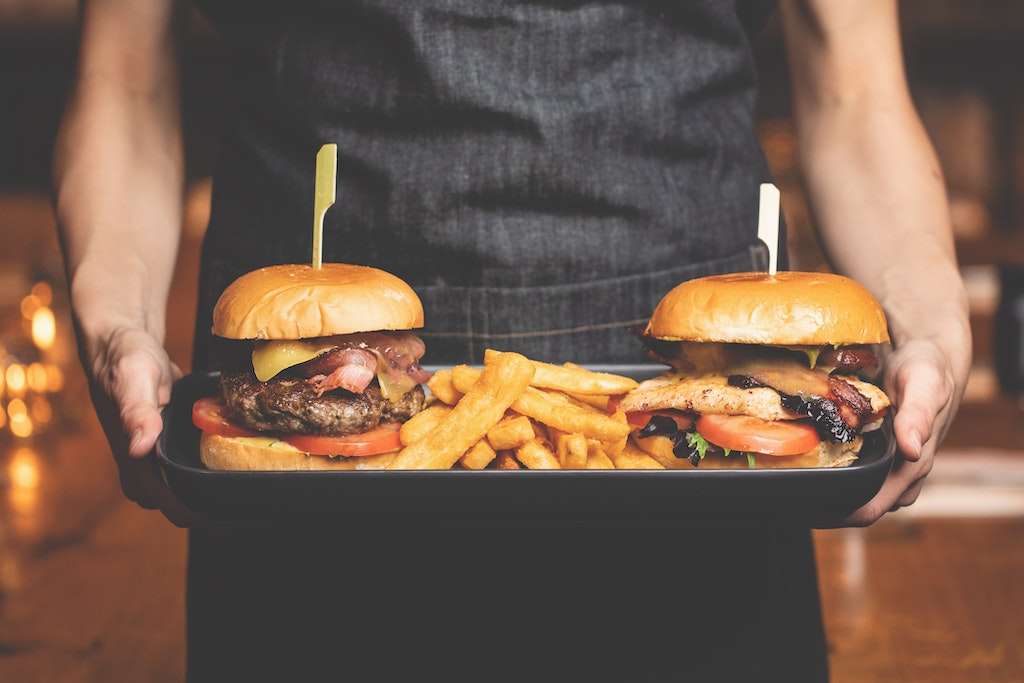With approval now closer than ever in the U.S., does the cultivated meat industry leave the door open to food fraud? And if so, who’s willing to take the risk?
Back in 2012, the Food Safety Authority of Ireland began testing frozen supermarket meat to check for authenticity. And in most of the beef burger samples, it found DNA from other, unlabelled species. Outrage from unsuspecting consumers promptly followed, especially after it was revealed that one beef burger contained 29 percent horse meat. But, it’s important to note, this was far from the first, or the last, incident of food fraud.
The Italian extra virgin olive oil industry has been linked with fraud for years. To this day, reports state that around 80 percent of it is fake. And, according to Europol, between December 2021 and May 2022, 27,000 tons of fake food and drink, including wine, were seized in multiple different countries, including Germany, the U.S., Spain, and France.

Fraud is rampant in the seafood industry; a 2018 study found that more than 25 percent of New York supermarket fish was mislabeled. And just last year, another investigation found 36 percent of more than 9,000 fish products were mislabeled.
But as food fraud persists, elsewhere, food innovation is accelerating. By 2030, the cultivated meat market — which refers to slaughter-free meat grown from animal cells in a lab — is predicted to reach a value of $450 million.
Right now, Singapore is the only country to allow the sale and consumption of cultivated meat — and so far, it has only been served in a handful of eateries.
But last month, the U.S. FDA granted GRAS status to Upside Foods for its cultivated chicken. It still has a few hoops to jump through before it’s in the clear to begin distribution, but if the market starts to grow and dominate the food industry, as experts predict it might, will it be able to survive the threat of food fraud and gain the trust of consumers? Right now, the answer is unclear. But without a doubt, as the food industry changes, it’s something consumers should all be wary of.
A changing food industry
Breeding billions of animals for meat and dairy is not sustainable. It’s destroying rainforests and wildlife habitats, driving up greenhouse gas emissions, and polluting the air and the waterways. All things considered, changing the way we produce food is urgent. But, thankfully, a few industries are working on it.
The plant-based protein industry, for example, is already thriving, with meat-like burgers, sausages, and nuggets, all made from plant-based ingredients, gracing supermarket shelves and restaurant menus all over the world.

Cultivated meat is still in its early stages — which is unsurprising, considering the first lab-grown burger wasn’t even presented to the public until 2013. But investors and scientists are counting on its growth, which appears to be happening fast.
Earlier this year, Good Meat (vegan brand Eat JUST’s cultured meat division) announced it was set to build the world’s biggest cultivated meat facility in the U.S. There are more than 100 companies across the globe working to produce cultivated versions of meat, fat, and other animal products. Growing the animal products in a lab versus in an animal is far more sustainable and ethical than conventional methods.
But changing the food industry for the better doesn’t just take innovation, it takes honesty from brands and trust from consumers too, which ultimately comes from tight regulations, but also progressive technology.
Trusting food innovation
Vegan meat can be so realistic, it’s sometimes difficult to tell the difference between a real burger and a plant-based burger. That’s part of the reason why EITFOOD — a leading food innovation initiative supported by the European Union — is working on a portable device called EthiChain.
To put vegan minds at rest, the device would be able to test a sample of a food and confirm if any animal DNA is present. It can also get into the specifics of different species, which means it can check if food is halal or kosher, too.

The aim of EthiChain is to increase trust in the European food system. But while it’s ideal for the products already on the market, the technology may not be suitable for cultured meat identification. After all, the whole point of the latter is that it is actual meat. The production process may not involve farming or slaughtering, but the harvested cells are taken from real animals.
So, this raises the question: How is the consumer of the future supposed to know if food fraud is present in their cultivated meat dinner?
On an individual level, people can protect themselves from accidentally eating farmed animal meat by simply boycotting the cultivated meat market altogether. Research suggests that most vegans, for example, support the development of cultivated meat, but very few would actually eat it. But in reality, this attitude doesn’t help the growth of an industry that, if it succeeds, could actually help to save the planet, as well as billions of animals from factory farms.
Dealing with food fraud
Ultimately, the trustworthiness of cultivated meat is going to come down to effective regulation. And in the case of general food fraud, progress is being made.
Last year, the FDA released a new website dedicated to raising awareness and keeping businesses informed of food fraud developments. Plus, it also walks consumers through how to report suspected food fraud. It gives the example of olive oil, for instance, as well as maple syrup and seafood (when cheaper fish is sold as a more expensive alternative).

But while one fish may not taste exactly like another, or a diluted maple syrup may not have the same texture as a non-diluted maple syrup, this, again, doesn’t tackle any future issues that may present when a product hits the market that is supposed to be an exact replica of the product its replacing. Read: cultivated meat.
Right now, there are differences between the two. But they are so subtle, even a renowned professional taster couldn’t tell which was which when she put cultured chicken and regular chicken to a blind taste test earlier this year. But, really, this is a good thing. For the planet and the animals, these two types of meat need to taste identical, so that more meat-eaters are open to giving cultivated protein their time and money.
As long as the food industry exists, and, of course, it always will, the threat of crime and fraud will always be present. But for those who want to avoid farmed animal consumption and change the food system for the better, if the greater good means risking a piece of real meat every now and again, is that a risk worth taking? It may have to be.
Related on Ethos:


